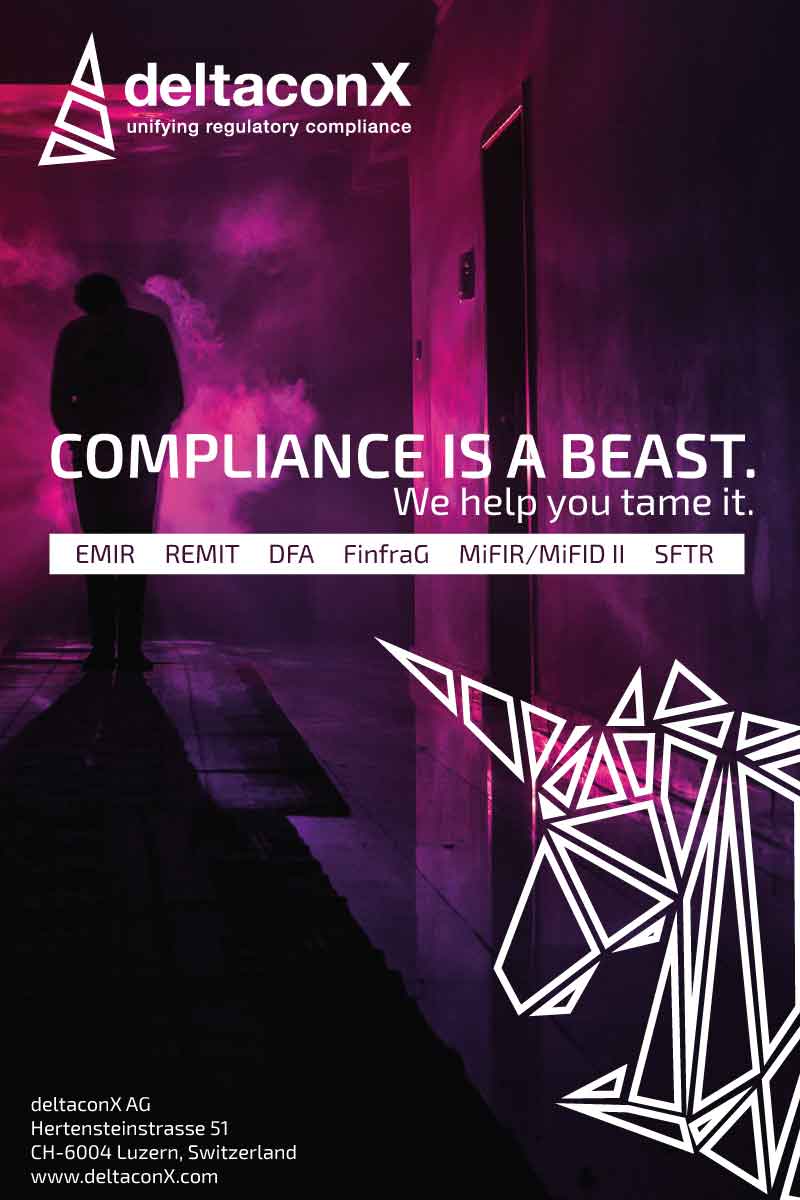Data accuracy an issue in face of T+1, Gresham survey reports
28 March 2023 UK
 Image: Looker_Studio/stock.adobe.com
Image: Looker_Studio/stock.adobe.com
90 per cent of respondents stated that their external data feeds had increased over the past year, causing a number of issues for industry participants as T+1 approaches in the US, according to research from Gresham Technologies (Gresham).
In partnership with WBR Insights, Gresham’s study surveyed 200 heads of investment operations for global asset managers, fund administrators and hedge funds.
Data accuracy is increasingly important in relation to trade reconciliation as the industry prepares to move to a shortened settlement cycle, with late or inaccurate data increasing the risk of trade breaks, mismatched prices and settlement failures.
The efficient and accurate extraction of the right data points, finding the root of trade fails and building, onboarding and maximising controls were the top three reconciliation challenges facing those surveyed, cited by 55 per cent, 55 per cent and 52 per cent of those polled, respectively.
Commenting on the findings, Neil Vernon, chief technology officer at Gresham, says: “Increased volumes, velocity and complexity are causing a complicated data deluge for the investment management community. For asset managers and hedge funds to address this, it is essential that they be able to identify the root cause of fails and invest strategically in their operations.
“This all comes back to availability and quality of data, and as we have found in this process, firms are flooded with too much data to effectively normalise, validate and utilise across operations. It shines a spotlight on the need for collaboration with strategic partners when identifying the ways in which the reconciliations process can be optimised.”
In partnership with WBR Insights, Gresham’s study surveyed 200 heads of investment operations for global asset managers, fund administrators and hedge funds.
Data accuracy is increasingly important in relation to trade reconciliation as the industry prepares to move to a shortened settlement cycle, with late or inaccurate data increasing the risk of trade breaks, mismatched prices and settlement failures.
The efficient and accurate extraction of the right data points, finding the root of trade fails and building, onboarding and maximising controls were the top three reconciliation challenges facing those surveyed, cited by 55 per cent, 55 per cent and 52 per cent of those polled, respectively.
Commenting on the findings, Neil Vernon, chief technology officer at Gresham, says: “Increased volumes, velocity and complexity are causing a complicated data deluge for the investment management community. For asset managers and hedge funds to address this, it is essential that they be able to identify the root cause of fails and invest strategically in their operations.
“This all comes back to availability and quality of data, and as we have found in this process, firms are flooded with too much data to effectively normalise, validate and utilise across operations. It shines a spotlight on the need for collaboration with strategic partners when identifying the ways in which the reconciliations process can be optimised.”
Next data services article →
Xceptor partners with Hexaware Technologies to launch new centre of excellence
Xceptor partners with Hexaware Technologies to launch new centre of excellence
NO FEE, NO RISK
100% ON RETURNS If you invest in only one asset servicing news source this year, make sure it is your free subscription to Asset Servicing Times
100% ON RETURNS If you invest in only one asset servicing news source this year, make sure it is your free subscription to Asset Servicing Times



